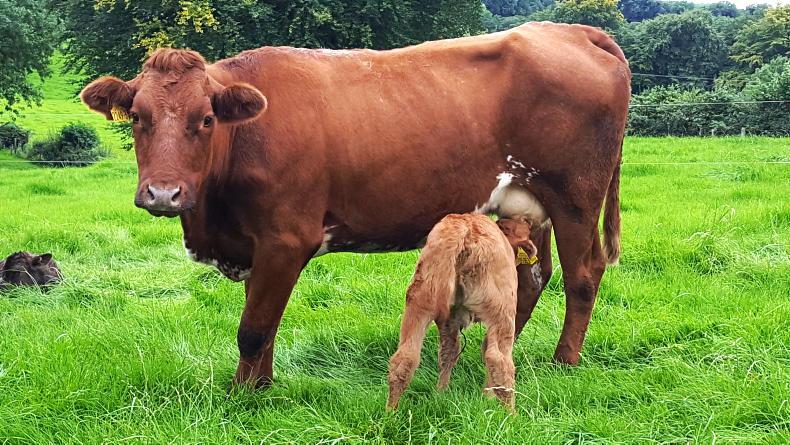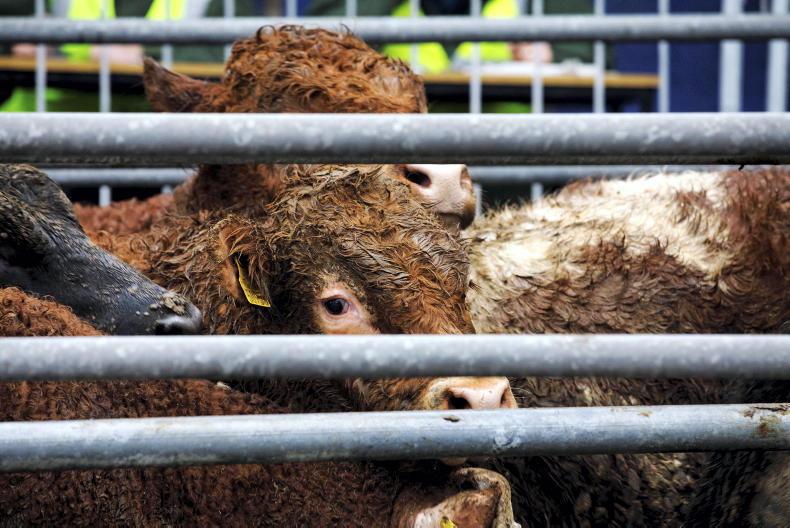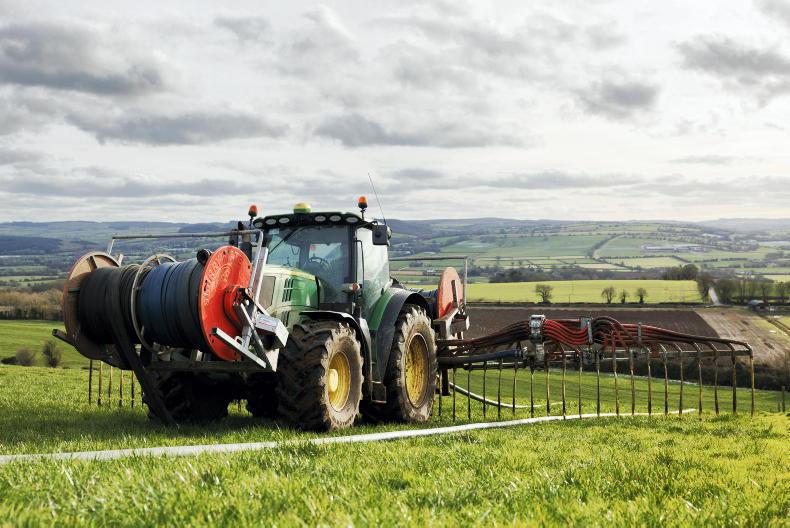DAERA veterinary service has had no power to legally enforce rules around identification, registration and movement (IRM) of cattle and sheep since 2021.
Outlining the issue at a meeting of the Stormont Agriculture committee last Thursday, Neal Gartland from DAERA revealed that the Department has been unable to pursue any legal cases over the period. Prior to 2021, an average of around 20 cases per year would be sent for prosecution for offences such as having missing cattle at a TB test, unregistered movements and untagged cattle on farm.
“In 2021, with the application of Animal Health Law, we had legal advice that your legal powers would be queried,” confirmed Gartland.
The core of the issue is post-Brexit rules where, under the terms of the Windsor Framework, NI must apply EU Animal Health Law. Previous IRM legislation in NI refers to EU laws no longer on the statute book.
The relevant NI legislation was not updated prior to former Agriculture Minister Edwin Poots leaving the post in October 2022. There was then a period where Stormont was suspended due to Unionist opposition to post-Brexit trading arrangements.
Last October, current Agriculture Minister Andrew Muir instructed officials to progress a new statutory rule, which properly references the EU legislation.
Gartland confirmed that the new legislation brought before the committee on Thursday simply involves giving those enforcement powers back to DAERA.
Despite not having those legal powers, DAERA did still put movement restrictions in place on cattle herds that were not following the rules, although whether they actually had the legal cover to do that is questionable.
“We will seek to make it [the new Statutory Rule] and lay it tomorrow [Friday], the reason being chair, because we have had this discussion today, it will become apparent that there is a question of legal risk over the enforcement powers that we use,” explained Gartland.
Cross-compliance
At last Thursday’s meeting, DAERA officials also outlined how they have effectively relied on cross compliance as an indirect means of enforcement of IRM rules. Among cross-compliance standards are requirements relating to cattle and sheep identification and movement.
Under the current direct payment regime, DAERA inspects 3% of claimants annually against these animal traceability rules. Officials confirmed that in 2023 there were 750 farms inspected, however, 75% of these are chosen on the basis of risk – in other words, the system is skewed towards herds that may have had previous issues with late movement notifications, missing tags, etc.
Of the 750 herds inspected, 250 received a cross-compliance penalty, although for 200 of these herds, the penalty was 5% or less. However, in six herds, the issues were deemed severe enough to apply a 100% penalty.
Among the committee members present last Thursday, the majority were in support of the legislation being made. Five voted in favour, although the three Unionist members abstained amid ongoing concerns about the application of EU law in NI.
No additional burden on farmers
During the meeting last Thursday, a number of members sought assurances from DAERA that the new statutory rule does not put additional requirements onto farmers.
Responding, Neal Gartland from DAERA said that farmers will notice no practical impact. However, there are some minor changes, such as an extension from 14 days to 20 days for a farmer to re-identify sheep imported into NI from outside the EU.
In addition, the new rule updates the definition of what is considered to be an approved tag in NI to align with the new XI prefix tags that all farmers must use from 1 July 2025.
Battle ahead over EU Animal Health Law
Under the terms of the post-Brexit Windsor Framework agreement between the British government and the EU, NI is the only part of the UK that has to apply EU Animal Health Law. Given that NI politicians have no say over this law, it inevitably creates a problem for NI unionists.
At last Thursday’s meeting, William Irvine and Tom Buchanan from the DUP, along with Robbie Butler from the UUP, all abstained in a vote on whether the committee would approve the new statutory rule because it is made under this EU Animal Health Law.
However, much bigger battles lie ahead as DAERA is yet to fully apply all aspects of this EU law. For example, this law comes with a requirement for either pre- or post-movement testing for bovine TB in cattle.
“We want to be back with you again in six months’ time because there is a larger piece of legislation that we are working on which will fully support animal health law in NI,” confirmed Neal Gartland.
This legislation will have “a number of changes” that will have to go to public consultation and be considered by the Stormont Ag committee.









SHARING OPTIONS